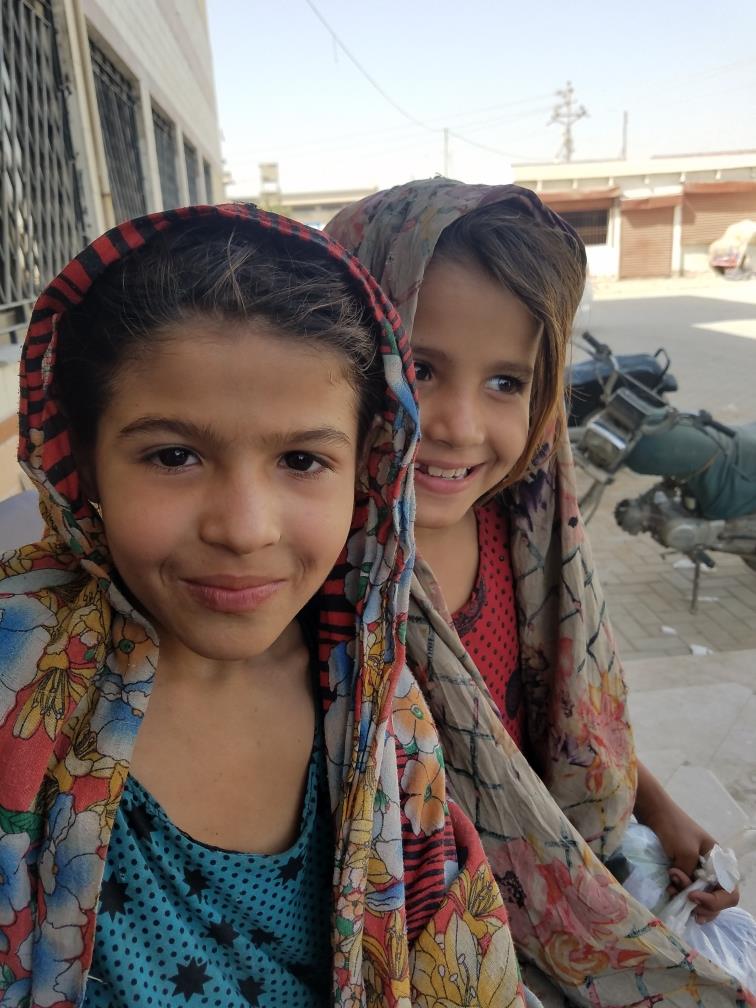Polio Corner
INTERVIEW WITH PRID MIKE MCGOVERN
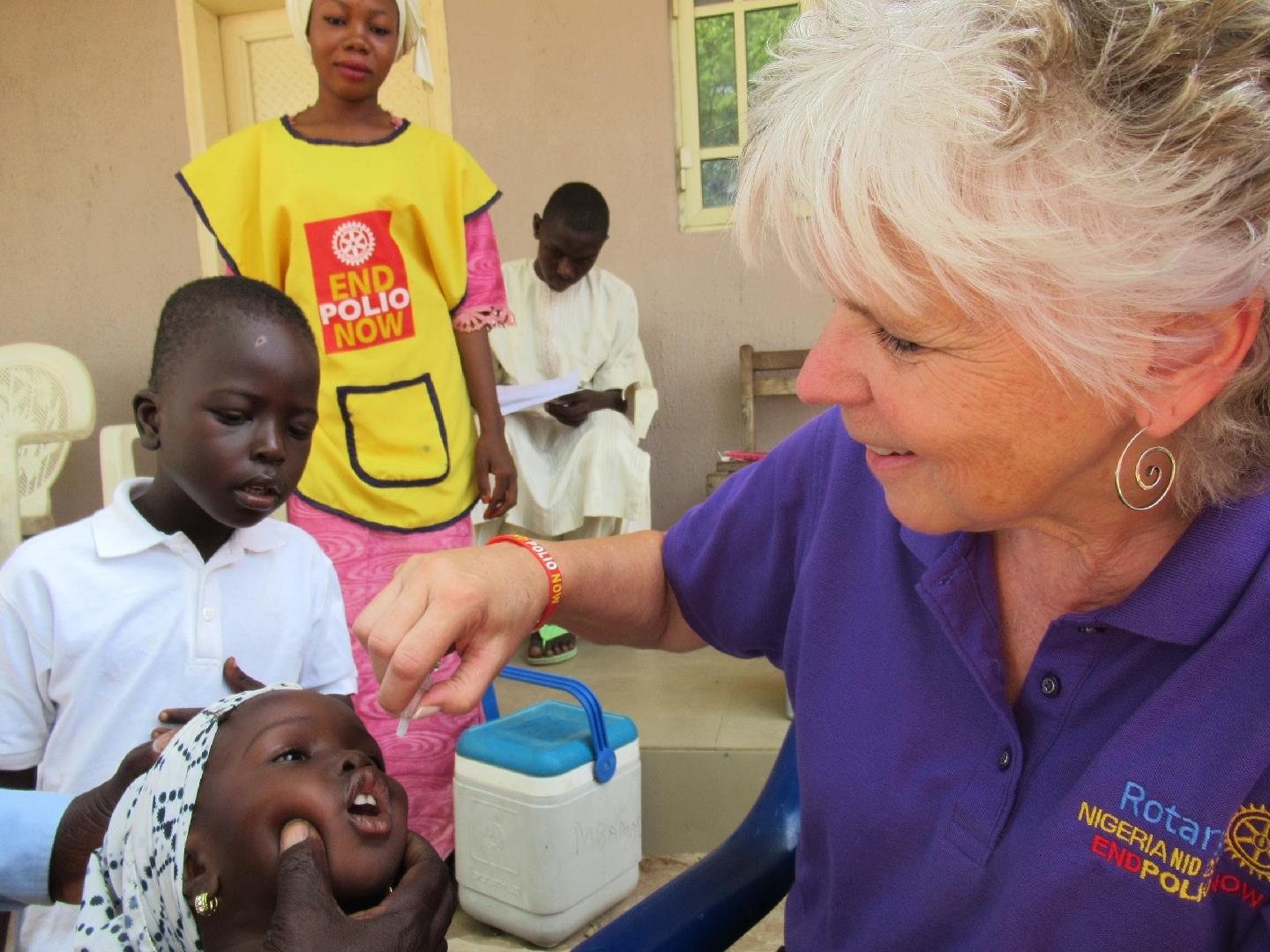
As District 7780 PolioPlus Chair and an avid polio eradication supporter, I recently had the pleasure of interviewing our own PRID Michael McGovern, Chair of Rotary’s International PolioPlus Committee. I wanted to hear more about his recent trip as part of a Rotary delegation to Pakistan that included PRIP Ravi Ravindran, Chair-elect for our Rotary Foundation and RI President-elect Holger Knaack. I hope you find the following interesting and informative.
Ann Lee Hussey, Past District 7780 Governor 2010-2011
How did this trip come about?
The trip was Past President Ravi Ravindran’s idea. As the incoming Chair of The Rotary Foundation, he, along with others, was quite concerned that the polio program in Pakistan seemed to be losing ground - momentum had stalled. There was an increase in the number of polio cases as well as an increase in the number of environmental samples testing positive for the wild poliovirus (WPV). It was evident something needed to be done to reverse the lack of progress.
Past President Ravindran was most intent on meeting with the Head of the Pakistani Army, who in effect is also the Chief of the whole Pakistani military. He is an extremely important part of leadership in Pakistan, serving in a capacity similar to the Head of the Joint Chiefs of Staff in the United States.
Aziz Memon, Chairman of the National Polio Plus Committee, Pakistan, for Rotary International, was instrumental in securing the visit with the Chief of the Pakistan Army.
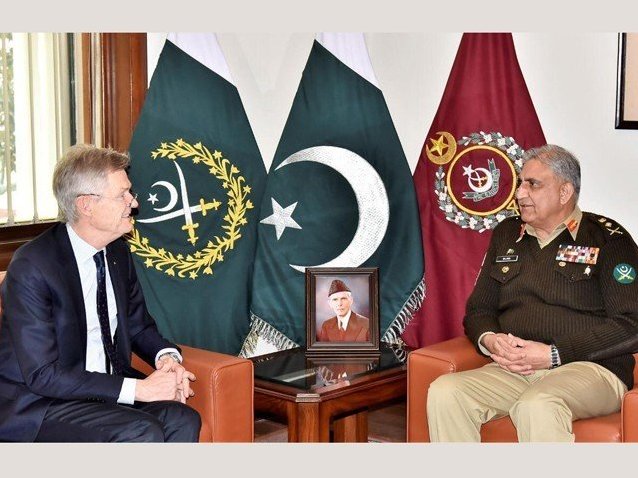
The military in Pakistan is actively involved with the polio eradication efforts working in the polio reservoir areas as a de facto provider of the program. They provide security for polio workers in the areas where local government is not functioning. In the border areas between Pakistan and Afghanistan the military along with WHO provide the polio drops. Rotary has established Permanent Transit Posts (PTPs) along the border that are in much need of the security provided by the military.
The military also assists along major roadways helping to stop buses and other vehicles to allow polio workers to access children in transit. The Army Chief of Staff has appointed a staff member who coordinates with the weekly meetings of the Emergency Operations Center (EOC). The EOC is a central location where representatives from all the partner agencies of the Global Polio Eradication Initiative (GPEI), including Rotary, along with government staff, coordinate data collection. A collaborative sharing of information occurs in real time, allowing the formulation of a joint plan of action to move the eradication efforts forward.
The Chief was most welcoming to our Rotary delegation and indicated he would do anything possible to assist with polio eradication. The Rotary delegation left the meeting with renewed commitment from the Army Chief to the polio efforts.
I am sure your days were filled with multiple key meetings, would you expand on who else met with the Rotary delegation?
The Rotary delegation also met with the Prime Minister, Imran Khan, at his home in Bani Gala outside of Islamabad.
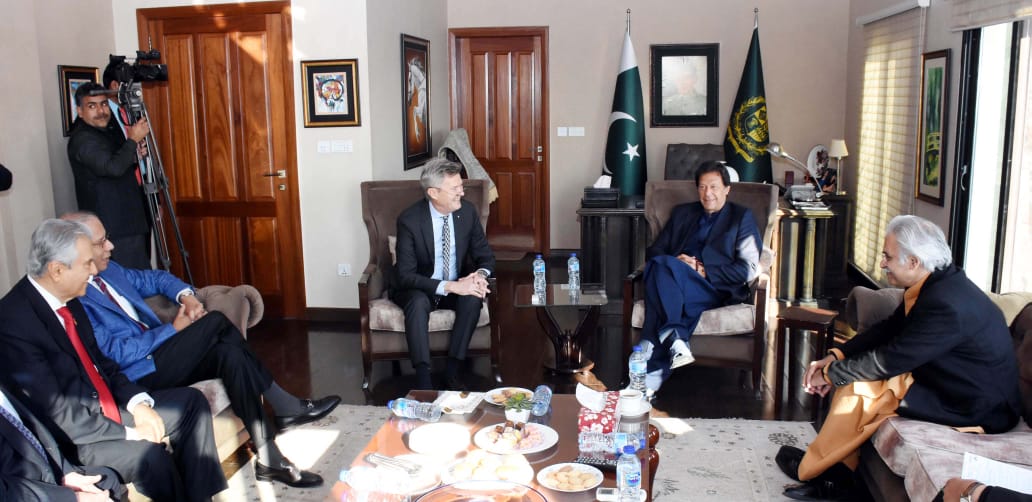
The Minister, who has been in office for two years, admitted that, unfortunately, the government had taken it’s eye off the polio program. He has now made several key decisions and changes in lead positions to bring the program back on track.
Dr. Zafar Mirza, an eminent public health specialist, has been appointed as the Minister of State for National Health Services, Regulations, and Coordination. He leads the EPI (Expanded Program of Immunization) as well as the polio program. The Pakistan EOC now includes both polio and EPI.
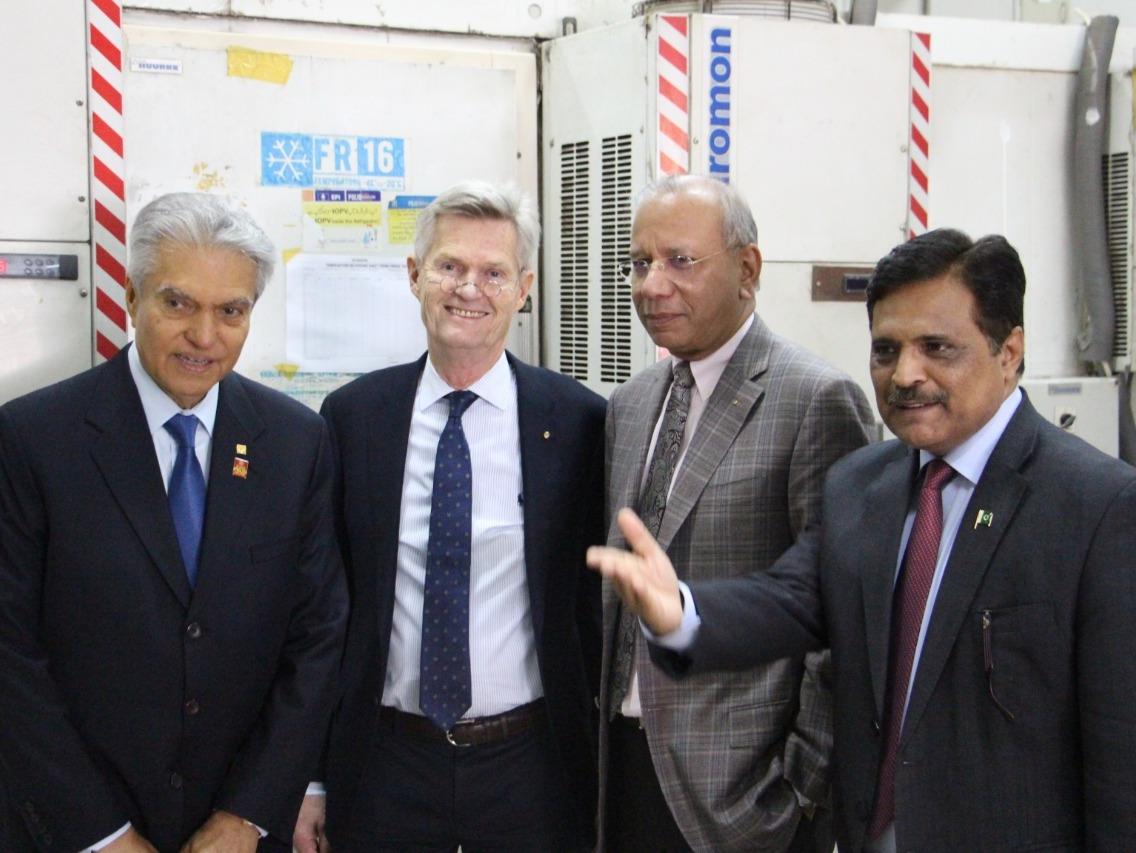
Dr. Rana Safdar, a notable public health expert and epidemiologist specializing in disease control and eradication has been brought back and reappointed as Polio Coordinator for the National Emergency Operation Center. Dr Safdar is the pioneer of the National EOCs network and was instrumental in tackling the explosive polio outbreak in 2014 reducing cases from 306 to just 8 in 2017.
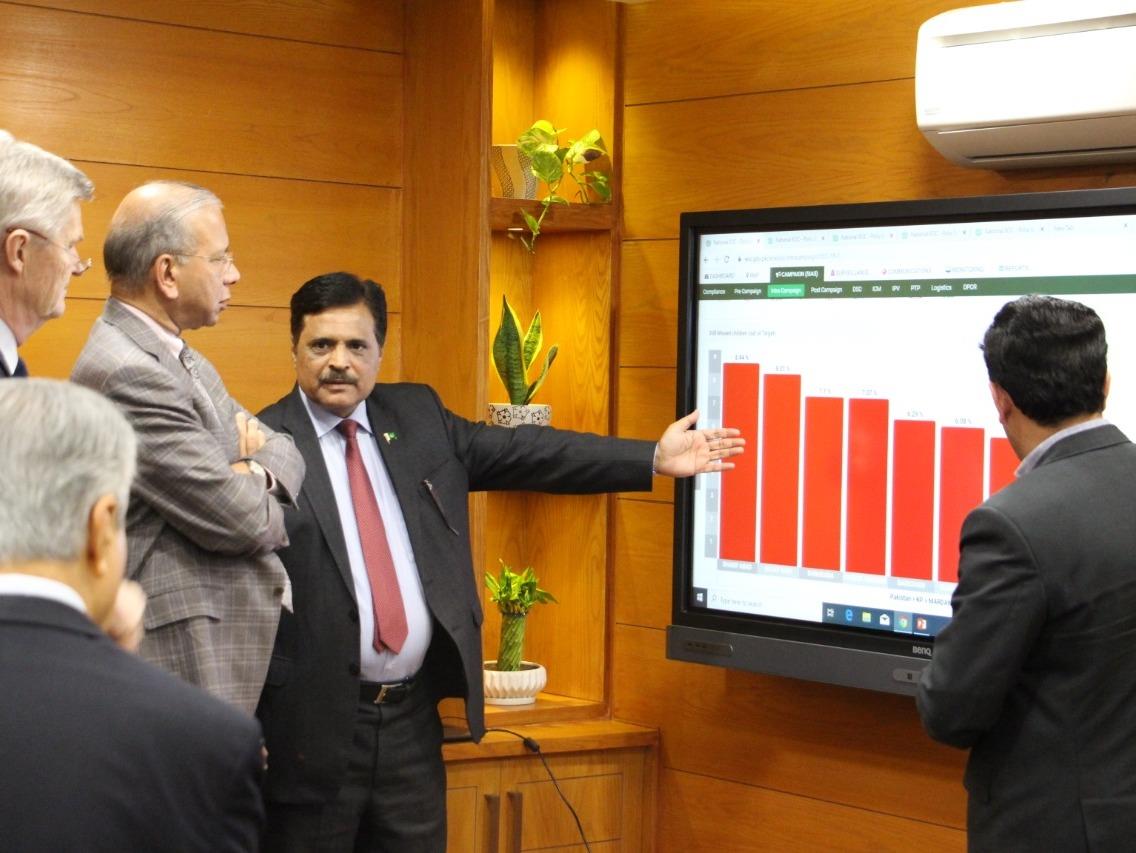
The future of polio eradication is more promising with these recent appointments.
Pakistan is a member state of the Commonwealth of Nations. As such, the Rotary delegation also met with Canada’s High Commissioner, the High Commissioner of Sri Lanka, and the Ambassador of Germany.
Pakistan Rotary leaders also hosted a dinner where the delegation had the opportunity to meet and socialize with the governor elect, the governor nominee and the past district governors of both districts in Pakistan. Pakistan has two Rotary districts, both reporting polio cases. It was refreshing and encouraging to see the enthusiasm and continued commitment from these Rotary leaders.
Would you please comment on other reasons for the uptick in polio cases?
There was polio fatigue at households where due to the low number of cases being reported people didn’t feel the urgency to have their children immunized. The program became political. The polio workers were feeling demoralized. The workers were not receiving the respect they deserved from new focal persons. Citizens lost faith.
But as stated before, the new appointments and changes will turn these concerns around and put the program back on track. The people now realize what will happen if the immunizations do not continue.
We have to remember that India also saw a spike in the number of polio cases just prior to successfully stopping polio. We can get the job done in Pakistan.
What affect does Afghanistan have on Pakistan’s success with eradication?
Afghanistan was a major topic in our discussions as to the ways Pakistan can help influence the eradication efforts in Afghanistan. There are two major reasons for polio cases in Afghanistan - areas where primary healthcare is not a priority and lack of access in the middle of conflict. The key to success is access to children.
Success in Pakistan’s program will send a strong message to Afghanistan to get their act together. Including discussions with the Taliban and other anti-polio elements who say they want to help their children - they need to act. Rotary does not meet with the Taliban or other anti-polio elements, but Rotary does have meetings with those government officials who do meet with them.
As an aside, I know Rotary presidents have traveled to Pakistan before but such a trio seemed an unusual event.
Yes, this is the first time that a Rotary President and TRF Chair traveled to Pakistan together to a non-Rotary event. As Pakistan is on Rotary’s no travel list it took a special waiver for Rotary to fund this travel. They had to be particularly conscientious of all safety concerns and thus limited their travel to just Islamabad. It was a quick trip, 3 full days, that unfortunately, due to security concerns, did not allow for visits to the countryside where the program is directly provided.
Overall it sounds like a highly successful trip.
Yes, it was. There was frank discussion from all involved laying out disappointments but also paving the way for new opportunities. It was a necessary fact finding and advocacy trip that will be helpful to both the President-elect and the TRF Chair-elect in their upcoming leadership positions. And highly beneficial to our polio program.
What are key messages for the average Rotarian and what can they do to support polio eradication?
The average Rotarian cannot be in despair. We are optimistic that we have turned the corner in Pakistan.
A new vaccine out in the mid year will help end the outbreaks of vaccine derived polio cases.
We have now gone 6 years without a case of wild poliovirus outside an endemic country! This is a tremendous achievement that has not been achieved easily.
Rotarians need to advocate with their government officials. Raise the question with your Senate candidates for the need to support polio eradication. Ask for their support of international organizations such as UNICEF, WHO (World Health Organization) and the United Nations. These organizations help Rotary in all our Areas of Focus. Especially the United Nations in our work for world understanding and peace.
Rotarians know we can succeed. It is Rotary who keeps the eradication effort together. All Rotarians need to renew their commitment and support to polio eradication. And all need to continue to support the program financially.
Never lose sight that our primary commitment is to the children of the world.
